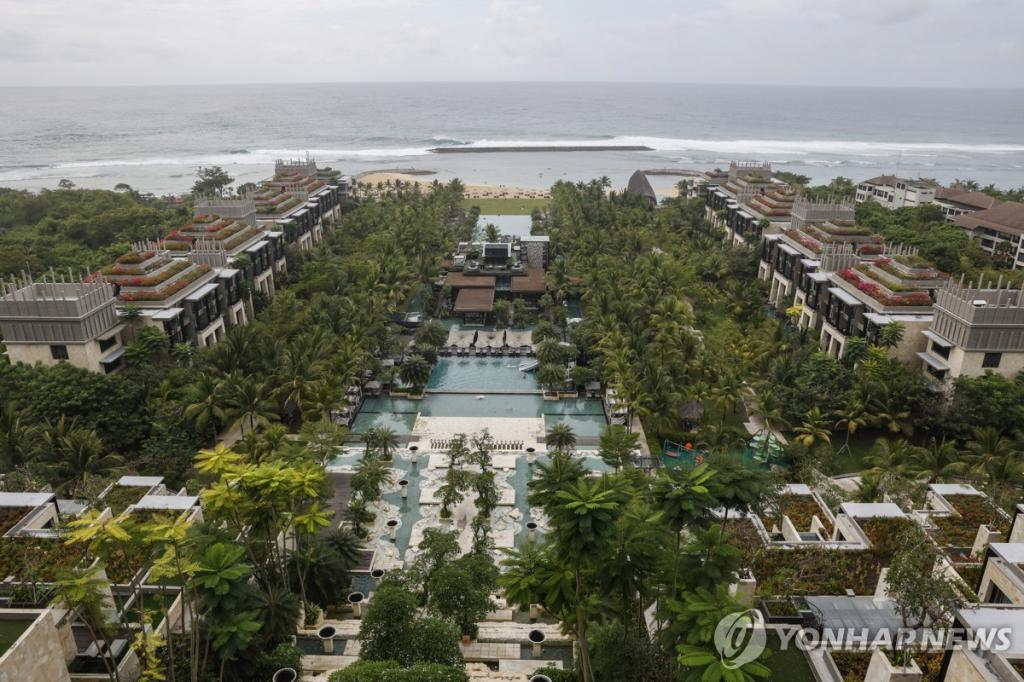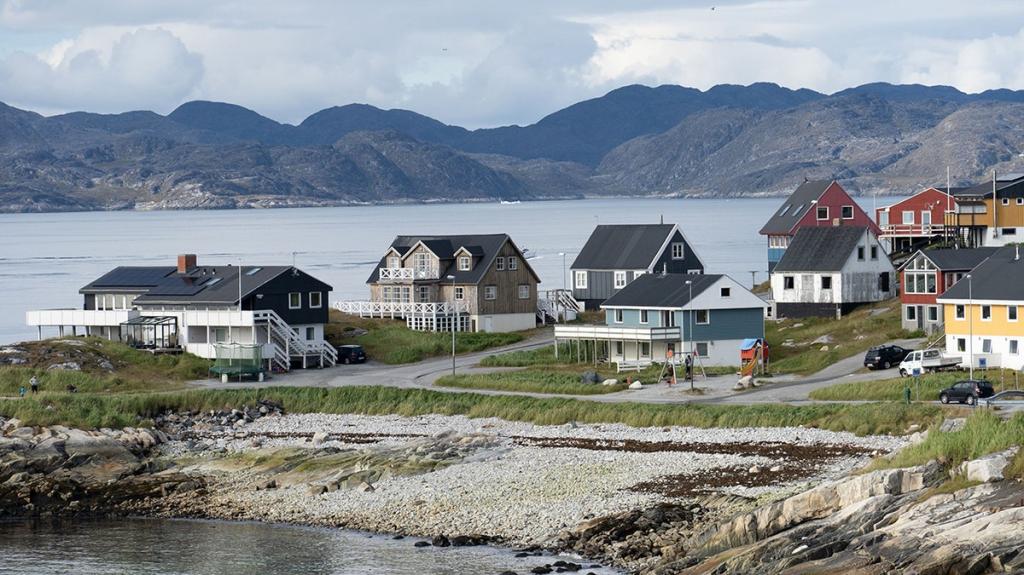Bali's Sustainable Tourism Transformation and Hotel Moratorium
Explore how Bali's new hotel moratorium aims to preserve its culture and environment while fostering sustainable tourism for future generations.

Key Points
- Bali is implementing a moratorium on new hotel and nightclub constructions to combat overdevelopment and preserve its cultural and environmental integrity.
- The government has introduced a tourism tax to support cultural preservation and enhance visitor experiences while encouraging sustainable tourism practices.
- By focusing on quality over quantity, Bali aims to redefine its tourism model and foster a balanced relationship between visitors and local communities.
Bali, known as the "Island of the Gods", has long captivated travelers with its stunning landscapes, rich culture, and vibrant lifestyle. However, as the island welcomes an influx of tourists post-pandemic, it faces a critical juncture: the need to balance economic growth with environmental sustainability and cultural preservation. Recently, the Indonesian government made a pivotal decision to implement a moratorium on new hotel and nightclub constructions in certain areas of Bali, a bold move aimed at curbing overdevelopment and preserving the island's charm.
The Need for a Moratorium
Bali's rapid tourism rebound—marked by 2.9 million foreign visitors arriving through Bali's airport in just the first half of this year—raises significant concerns about overdevelopment and its impact on local infrastructure and culture. This surge has resulted in rising traffic congestion, strained resources, and increasing tensions between tourists and residents. A senior official from Indonesia's Coordinating Ministry of Maritime and Investment Affairs indicated that the government is considering a moratorium lasting up to ten years on the construction of hotels, villas, and nightclubs in high-density tourist areas.

Local Voices and Concerns
Various stakeholders, including community leaders and urban planning experts, are actively advocating for this moratorium. For instance, Putu Rumawan Salain from
emphasized the urgency of immediate action to prevent Bali's natural beauty from being overshadowed by excessive commercial development. He warned against merely treating the announcement of a moratorium as a talking point without concrete action, advocating for a strict definition of the zones affected.
Furthermore,
, the Minister of Tourism, has openly supported these measures, underscoring the importance of fostering high-quality tourism experiences rather than merely increasing visitor numbers. He expressed a desire for Bali to avoid the pitfalls experienced by other tourist destinations, such as
, where over-tourism has led to resident dissatisfaction.
Regulating Tourism for Sustainability
In addition to the moratorium, the government has introduced a tourism tax of 150,000 rupiah (approximately $9) for foreign visitors, aimed at generating funds to support cultural preservation efforts. This initiative reflects a broader commitment to sustainable tourism by encouraging visitors to contribute to the local economy while also respecting cultural traditions.

A Balanced Approach to Development
The Indonesian government is not only focused on regulating the construction of new accommodations but also aims to address critical infrastructure issues, such as improving waste management systems and enhancing public facilities. Minister
has highlighted the dangers of allowing paddy fields to be transformed into commercial enterprises reminiscent of "nude clubs", placing a strong emphasis on quality over quantity in tourism development.
Moreover, Bali's unique charm is intricately linked to its cultural heritage and natural landscapes. By implementing a moratorium and fostering sustainable tourism practices, the government is not just protecting the island's environment but also its local communities' way of life. This presents an opportunity for Bali to redefine its tourism model, prioritizing sustainable practices that enhance visitor experiences while safeguarding local culture.
As Bali navigates this critical transition, it stands at a crossroads, with the potential to set a precedent for sustainable tourism worldwide. The emphasis on quality, community engagement, and environmental stewardship could pave the way for a more balanced and equitable tourism industry, allowing Bali to thrive without compromising its essence.
Ultimately, the journey towards sustainable tourism in Bali embodies a powerful message: the importance of preserving paradise for future generations while still fostering economic vitality. This initiative marks a robust step forward in demonstrating that sustainable practices can lead to enriching experiences for both visitors and local residents alike.


